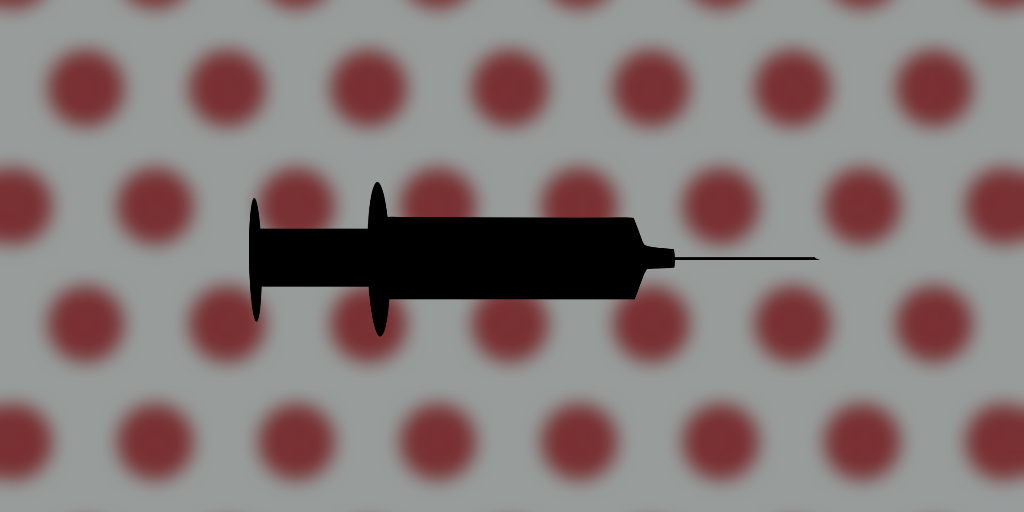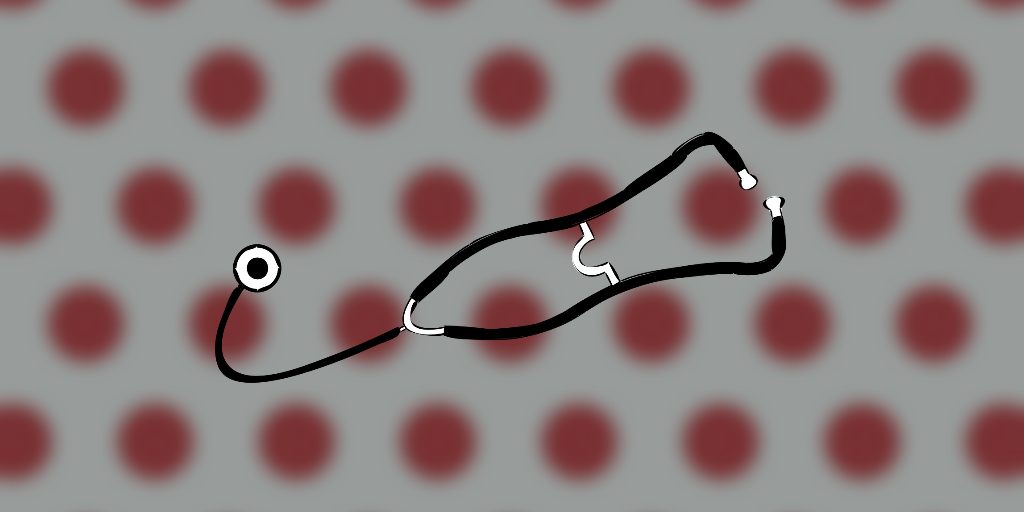An outbreak of measles has recently been declared by Public Health Wales in Cardiff. They are urging young people to check that their vaccinations are up to date.
To find out what measles is, why it’s important to be vaccinated, and how to find out if you’ve been immunised, read on.
What is measles?
Measles is a highly infectious viral illness that causes a fever and a rash amongst other symptoms. The disease can be caught through direct contact with an infected person, or through droplets in the air from coughs or sneezes.
Measles can be prevented with the MMR (measles, mumps and rubella) vaccine. This is offered to all children at around 12 months old with a second dose given at around 4 years old.
Why the fuss?
While most people will recover from measles within a week or so, it can lead to some very serious complications in some cases. Because measles is preventable through vaccinations the NHS encourages everyone to be vaccinated.
If you live in the Cardiff and Vale Health Board area, please take some time to fill in this survey. This will help the NHS to determine which areas are at most risk.

Why is everyone not vaccinated?
In 1998 there was a report published that claimed that the MMR vaccination was linked to autism. This report was proven to be false. Andrew Wakefield, the man behind the report, had his medical licence taken away. He has not been allowed to practice medicine in the UK since. But unfortunately, the damage had already been done. It scared lots of parents so much that they didn’t have their children vaccinated. This means that people who are aged under 25 now are at the highest risk of catching preventable diseases such as measles.
How do I know if I’m vaccinated?
Ask your parents. They’ll probably be able to confirm whether you had the MMR vaccination when you were a child. If they can’t remember, ask them if they have your personal child health record book (it is usually red, but it could be pink or blue those that are older). All your vaccination details should be in this book, along with dates, batch numbers and even which leg got injected.
If you can’t find your red book, then speak to your GP. They will have this information. If you haven’t had all the vaccinations then it’s not too late, contact the surgery. If you’re under 16 you may need parental consent for this.

What if I’m not allowed or can’t be vaccinated?
If your parents won’t let you, then you should speak to your GP about any concerns you have. They can help by giving you more information about vaccines. It may also be a good idea to ask your parents to look at the information on the Public Health Wales website. If you’re worried about your parent’s decision then you can contact Meic, they can give you free advice and support.
Some people can’t have vaccinations because of allergies or health conditions. If you’re one of these people, then you can rely on something called herd immunity. When enough people in a community are vaccinated, the illness cannot spread and will die out before an unvaccinated person can catch it. For herd immunity to work, 90-95% of the population needs to be vaccinated. Encourage your friends and family to make sure they’re up-to-date with their vaccinations, as it will keep you, and them, safe.
Further information:
- Measles
- MMR (Measles, Mumps and Rubella) Vaccine
- Herd immunity (protecting people who can’t be vaccinated)




